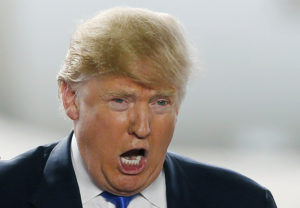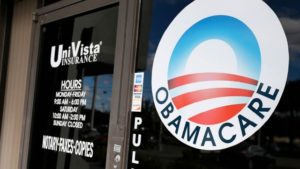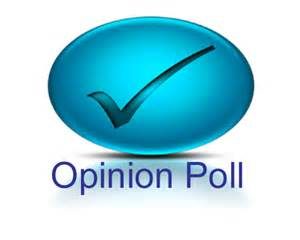Donald John Trump Sr., perhaps more than any president in recent history, governs by polls.
He watches ’em religiously, or so it appears. He governs by them, too.
I just took a gander at the most recent RealClearPolitics poll average. They don’t look so hot for Trump. All the leading polls show him at 39.3 percent approval rating. It’s low, man! Barely eight months into his presidency, and Trump hasn’t yet unified the country. He hasn’t yet achieved a single major legislative victory. He hasn’t gotten his self-proclaimed “fine-tuned machine” running on all cylinders.
Does this bode well for whatever passes for a legislative agenda? Hmmm. Let’s see:
He continues to insult his supposed Republican “friends” in Congress by blaming them for every failure in which he must share responsibility.
Now he’s doing business — actually working with — congressional Democrats.
He continues to tweet like there’s no tomorrow, spouting this and/or that policy position via a social medium.
Trump continues to propose policy matters that appeal only to the slim — and shrinking — minority of voters who still think he’s the best thing to happen since the beginning of time.
How does the president of the United States govern like that? How in the world does he function in a poll-driven environment?
Those mid-term elections are now coming ’round the bend. Democrats, still steamed at losing the presidency to this guy in the first place, are beginning to circle beneath him.
I offer this observation with an important caveat.
Donald Trump has defied political gravity every step of the way on this most improbable journey he has taken. He has said things about people and demographic groups that should have doomed him long ago. His base only rallies more strongly behind him. He draws strength from it.
The longer he continues to levitate, though, the odds of a complete collapse/implosion are likely to shorten.




